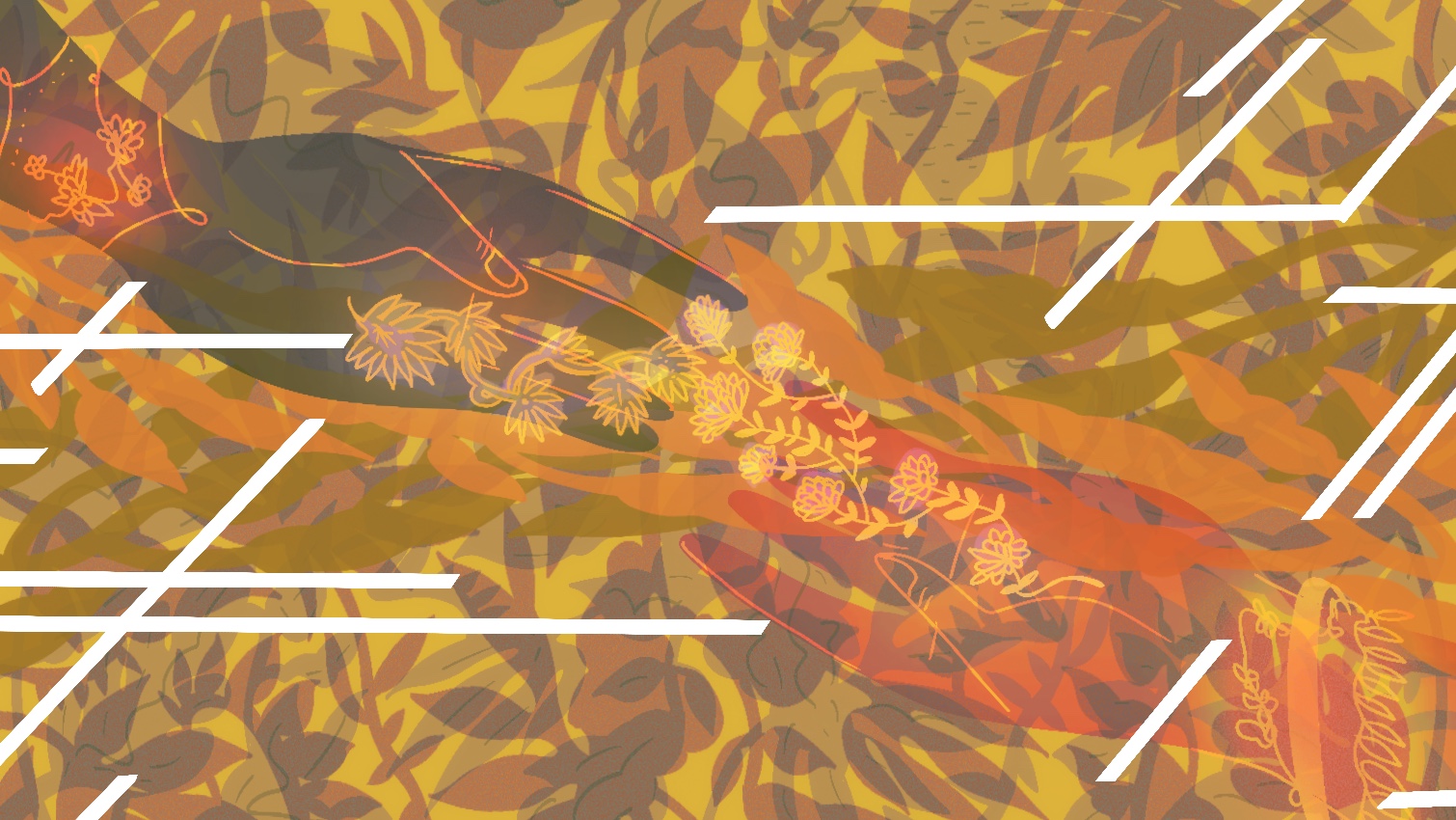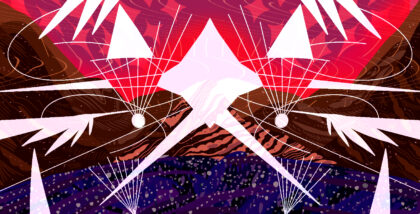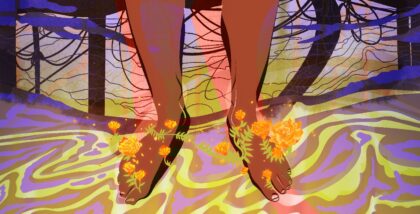Floods, fires, famines, droughts, extinctions, erosion, extreme temperatures: the chorus of the climate crisis has a morbid cadence, and it’s increasingly stuck in our heads.
At this point, the severity of the planet’s transformation is self-evident. Less obvious is what the future holds. But what we do know is that emergencies tend to exacerbate society’s fissures. Urgency amplifies inequity. The powerful shore up their defenses; the vulnerable are exploited, indicted, or erased.
For this issue of Adi, UNPEOPLED TERRAIN, we take up the complexities and contradictions of environmental policy in this moment of exigency, and maintain that people are the heart of climate change—its problems and its solutions. As world leaders prepare to convene for COP26, we consider how climate interventions can, deliberately or inadvertently, undermine the lives of those on the margins. And we center communities whose ecological ethic long predates contemporary notions of conservation and sustainability.
“What does unpeopling a place permit?” asks Anna Badkhen. In Ways of Unseeing, she considers how the strategy of “unpeopling” has fueled colonial greed for centuries, allowing for the destruction of environments as well as the communities rendered invisible within them.
Inuk artist asinnajaq, in conversation with Adi’s Brannavy Jeyasundaram, contests popular conceptions of the Arctic as a barren, distant place, asserting its abundance and interconnectedness. “You can take something away if you tell masses of people that it has no value,” she says, reminding us that ecological “loss” isn’t a passive phenomenon, but rather the outcome of decisions.
Reporting on the Indigenous territory of Guna Yala, Ruxandra Guidi examines how the local community rejected capitalist climate schemes in favor of ancestral practices, rooted in mindful coexistence and an understanding of forests as “intricate networks of beings with souls,” that safeguard environments by default.
In a piece of speculative fiction, Chinelo Onwualu projects us into a future in which the end of the fossil fuel era has ignited new conflicts, with mafias warring over resources and righteous ghosts stalking the next iteration of robber barons: “Luckily, most of the dead mind their own business and want nothing to do with the living. But there are some—a tiny, tiny few—who do.”
Karen McCarthy Woolf, in a new poem, archives the uncanny dualities of artificiality and authenticity that infuse contemporary life. “all this barefoot on the ground / earthed / amongst the luxury of purely / decorative plants, although no such thing exists.”
And environmental strategist Tamara Toles O’Laughlin, in an interview with Adi’s Jori Lewis, urges a reframing of “radical” solutions, language that often becomes an excuse for inaction. “Asking for us to treat people like they’re human beings, to create a community where we start to resolve some of these issues, and to have a forum where we can discuss them seems like the least radical thing we could do when you look at the future that’s coming for us.”
Throughout the issue you’ll find artworks by Sab Meynert, whose kaleidoscopic textures evoke the spirit of vitality that drives each of these pieces, as they insist, emphatically, on the inextricability of humans and nature, rather than a fictitious separation that allows for both reckless abuse and perilous abandonment.
—Meara Sharma, editor-in-chief
In this Issue
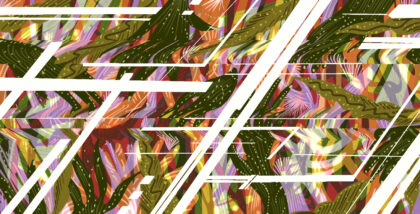
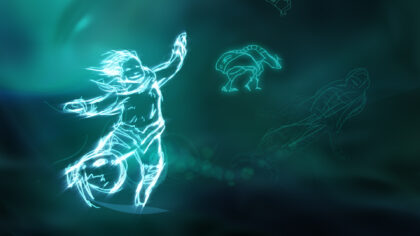
asinnajaq: Loops of Time
The Inuk artist on the fullness of the Arctic, ancestral ingenuity, and the decisions that drive ecological loss.
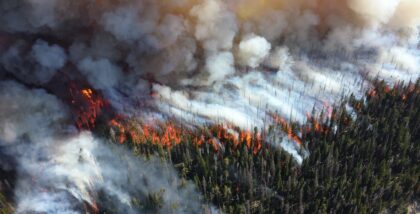
Tamara Toles O’Laughlin: The Climate Catastrophe Should Be Paid For By The People Who Sponsored It
The environmentalist on dirty money, reparations, and the urgency of global solidarity.
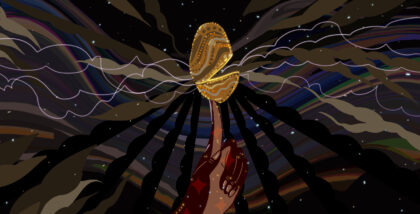
The Lamentations of a Veteran of the Sand Wars
When I was born, at the beginning of the 22nd century, the world was choking under the weight of devastating disasters. It took the climate wars to free us—from some problems, at least.
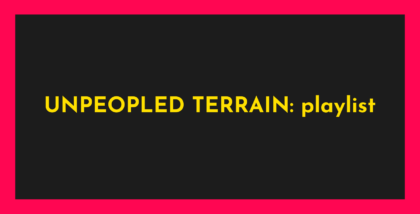
A Soundtrack To Issue 8
Across this issue, there is an emphasis on silence, not as absence of life but richness of survival.
